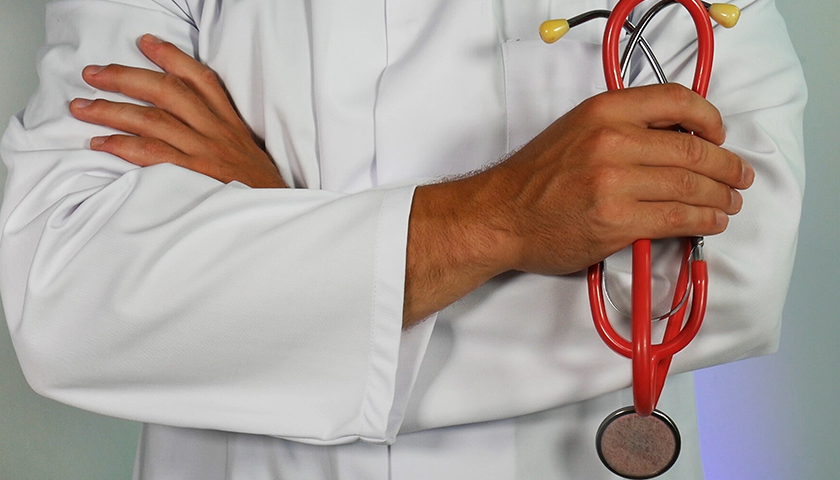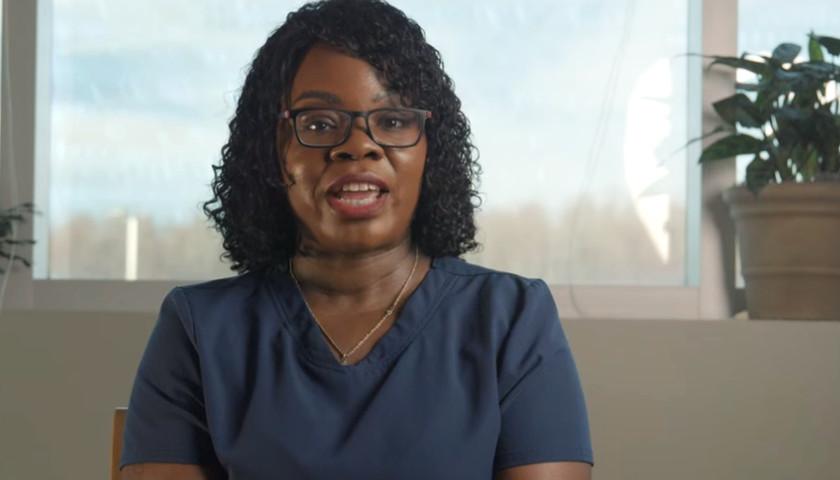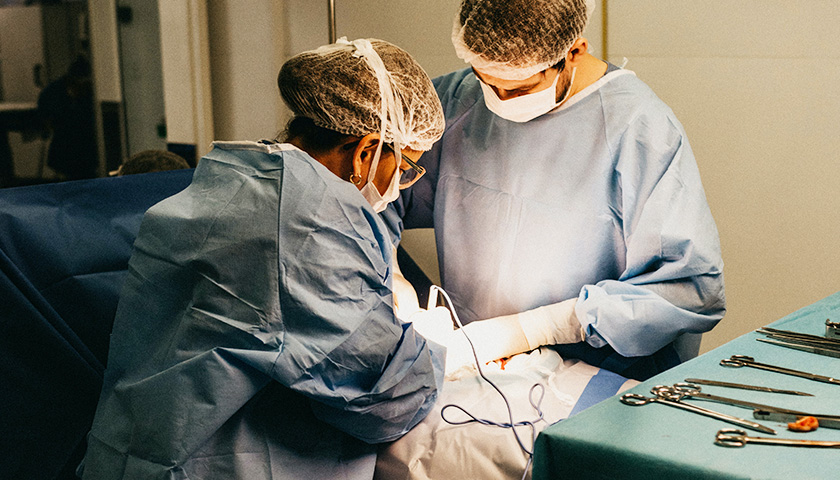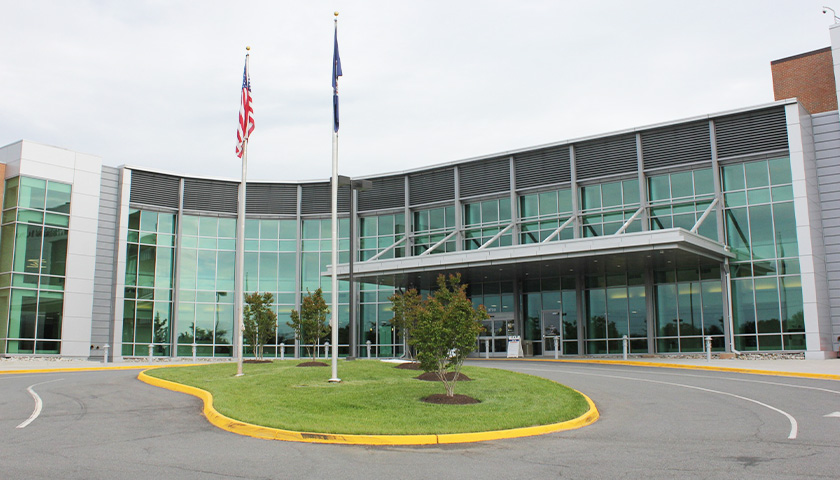Virginia’s preparedness for public health emergencies ranks it among the top four in the U.S., according to the 2021 National Health Security Preparedness Index (NHSPI). The index looks at data from 64 sources across the public and private health sectors, creating an overview of health protections in place in each state; the national preparedness level is 6.8, but Virginia scored 7.4 out of ten.
“The COVID-19 pandemic has been a real-world stress test of the readiness of Virginia governmental, health care delivery, and emergency management systems to respond to a major public health threat. Throughout this time, Virginia’s hospitals, public health and emergency management agencies, and other public and private sector stakeholders have effectively navigated this unprecedented crisis while facing many pandemic-related challenges,” states a Virginia Hospital and Healthcare Association (VVHHA) press release.
The index scores in six areas to assess resources to defend against disease outbreaks and other large disasters. Virginia scored 9.7 for incident and information management; 9.4 for health security surveillance to identify health threats; 7.8 percent for environmental and occupational health; 6.1 percent for countermeasure management, 5.7 for health care delivery, and 5.7 for community planning and engagement coordination.
The VHHA reported that Virginia also scored highly last year.
“Virginia’s largest improvement occurred in the Community Planning and Engagement domain, which increased by 32.6 percent between 2013-20,” the NHSPI reports. “Health security levels in 2020 declined in no domains. Health security levels in 2020 significantly exceeded the national average in four domains: Health Security Surveillance, Incident and Information Management, Health Care Delivery, and Environmental and Occupational Health. Health security levels in 2020 were significantly below the national average in none of the six domains.”
VHHA Vice President of Communications Julian Walker told The Virginia Star that the score is the result of coordination among health care provides, state government leaders, the Virginia Departments of Health and Emergency Management, public safety and emergency services professionals, and regional health care coalitions.
“The Commonwealth of Virginia and its health care partners have been intentional about this work. Virginia hospitals are actively involved in planning for, and responding to, emergency situations such as natural disasters, man-made incidents, and disease outbreaks. This work and engagement with state, federal, and local partners is facilitated through the Virginia Healthcare Emergency Management Program (VHEMP),” Walker said. “VHEMP was established in 2002 (post 9/11) as a partnership between VHHA and the Virginia Department of Health (VDH) to help foster collaborative planning efforts between health care facilities, first responders, and community partners at the local and regional level.”
“Our hospital and health system members and their teams of dedicated caregivers and support personnel have been tested like never before while treating patients and protecting public health from the moment the COVID-19 pandemic reached Virginia in March 2020,” VHHA President and CEO Sean T. Connaughton said in the press release. “They have responded to this unprecedented global health emergency with skill, determination, and great courage. In the process, they have participated in a large-scale response effort that includes providing direct care to nearly 70,000 patients hospitalized for COVID-19 who were later discharged, administering more than 2 million vaccine doses, and much more. Virginia’s ranking as a top state for public health emergency readiness is a testament to the work of many people and organizations, including our hospitals and their employees.”
“When new public health threats emerge, Virginia hospitals, working through VHHA and VHEMP, mobilize to meet the treatment needs of patients through direct care and collaboration with partners in public health, public safety, and other stakeholders,” Walker said. “Each new public health emergency presents opportunities to learn lessons and identify opportunities to enhance response strategies by health care providers, government agencies, policy makers, and others. And these are lessons and experiences that can be applied to the preparation for future public health response work.”
– – –
Eric Burk is a reporter at The Virginia Star and The Star News Network. Email tips to [email protected].








